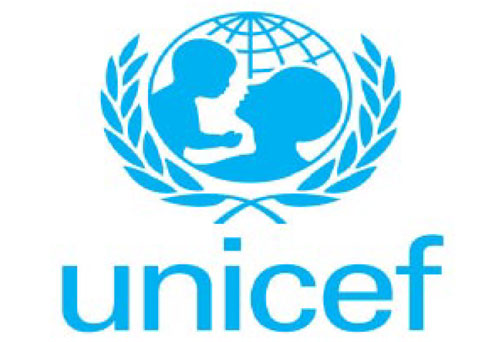NEW YORK Expressing serious concerns over the disruption of immunization and basic health services resulting from efforts to contain coronavirus, the UNICEF highlighted that children belonging to the poorest families in countries affected by conflicts and natural disasters are at the greatest risk. UNICEF Executive Director Henrietta Forein a statement said that health services were overstretched with the diversion of health workers to support the response to the pandemic. “Physical distancing is leading parents to make the difficult decision to defer routine immunization”, Ms. Fore said, adding that flight cancellations and trade restrictions have “severely constrained access to essential medicines,including vaccines”. UNICEF said it is “particularly concerned” about countries battling measles, cholera or polio outbreaks while simultaneously responding to COVID-19 cases. Afghanistan, the Democratic Republic of Congo, Somalia, the Philippines, Syria and South Sudan fall into that category. Not only would such outbreakstax already stretched health services,they could also result in more deaths and greater suffering. “At a time like this, these countries can ill-afford to face additional outbreaks of vaccine-preventable diseases”, the UNICEF chief asserted. “The message is clear:We must not allow lifesaving health interventions to fall victim to our efforts to address COVID-19”. UNICEF said it is committed to supporting basic health care and immunization needs in the worst affected countries in a way that limits the risk of COVID-19 transmission, by working to ensure adequate vaccine supplies in countries that need them. The agency said it is working with global vaccine suppliersto ensure production, and providing support to governments to maintain vaccine supplies during the pandemic. While Governments may have to temporarily postpone mass vaccination campaigns to ensure that delivering immunizations does not contribute to spreading the coronavirus, UNICEF “strongly recommends” that Governments begin “rigorous planning now”, to intensify immunization programmes once the pandemic is under control. “These vaccination activities must focus on children who will miss vaccine doses during this period of interruption and prioritize the poorest and most vulnerable children”, Ms. Fore explained. To successfully roll-out an effective vaccine against COVID-19, when it becomes available, immunization programmes must remain robust and accessible to those that most need inoculations. “As the world’s biggest buyer and supplier of vaccines, UNICEF will continueto play a pivotalroleinsupportinggovernments’currentand futureimmunization efforts”, the UNICEF chief concluded.—INP









